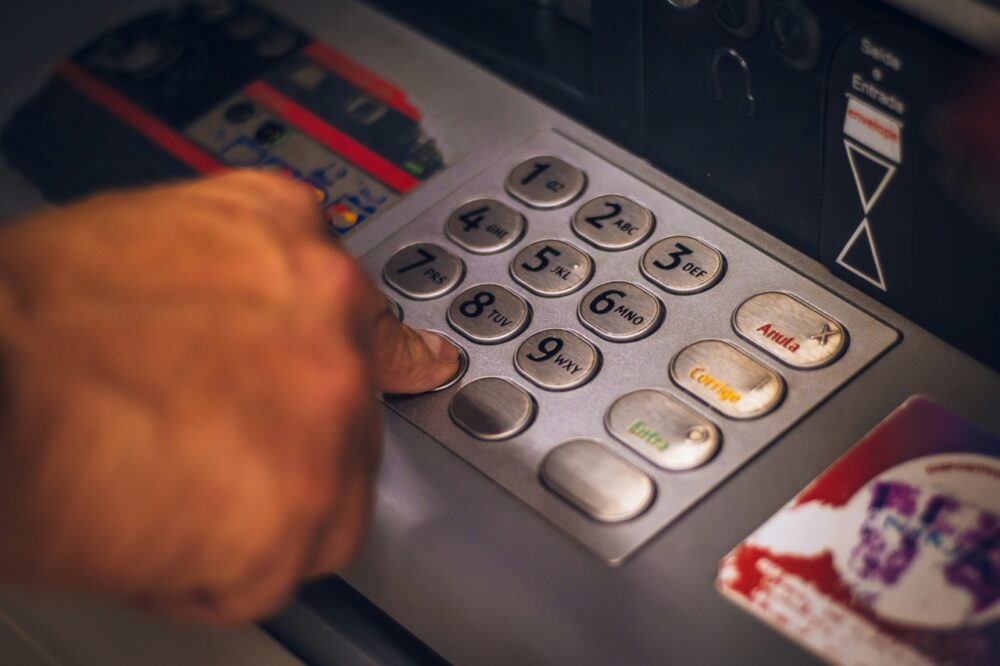Emergency loans are a type of financial product designed to provide quick access to funds during unexpected situations. Whether it’s an urgent medical bill, a car repair, or any other unplanned expense, emergency loans offer a way to cover costs when your budget falls short. Available from banks, credit unions, and online lenders, emergency loans are typically easier to access and faster to obtain than traditional loans. In this article, we’ll explore what emergency loans are, how they work, and when they should be considered as a viable option.

What Are Emergency Loans?
An emergency loan is a short-term loan meant to help you deal with unforeseen expenses. They are typically unsecured, meaning you don’t need to provide collateral such as your home or car to secure the loan. Instead, lenders rely on your income, employment status, and creditworthiness to determine your eligibility. Emergency loans are usually disbursed quickly, sometimes within hours or the next day, making them ideal for urgent financial situations.
Emergency loans come in various forms, such as:
Personal Loans: These are often the most flexible type of emergency loan, offering a range of repayment terms and amounts, depending on your credit score and lender.
Payday Loans: Short-term loans that are intended to be repaid by your next payday. These loans provide quick access to cash but often come with higher interest rates.
Credit Card Advances: Some people turn to their credit cards for emergency cash. A cash advance allows you to withdraw money from your credit line, though it usually comes with high fees and interest rates.
Pawnshop Loans: These involve using an item of value as collateral for a loan. If you’re unable to repay the loan, the pawnshop keeps the item.
Overdrafts: Some banks offer an overdraft feature that allows you to withdraw more money than you have in your account for a fee. This can act as a form of emergency loan when needed.
When Should You Use an Emergency Loan?
Emergency loans can be incredibly helpful in certain situations, but it’s important to know when they should be used. Here are a few examples of when an emergency loan might be appropriate:
1. Medical Emergencies
One of the most common reasons people take out emergency loans is to cover medical expenses. Whether it’s an unexpected hospital bill, surgery, or medication, emergency loans can provide the funds you need quickly to ensure you or your family members receive proper care without delay.
2. Car Repairs
If your car breaks down and you rely on it for daily transportation, getting it repaired quickly is essential. Emergency loans can cover the cost of repairs, ensuring you can get back on the road as soon as possible without waiting for your next paycheck.
3. Home Repairs
Unexpected home repairs, such as a broken boiler, roof damage, or plumbing issues, can be financially stressful. Emergency loans can help cover the cost of repairs that need immediate attention to avoid further damage to your property or to maintain your safety and comfort at home.
4. Funeral Expenses
The sudden loss of a loved one is emotionally difficult, and the associated costs can add financial strain. Funeral expenses can be significant, and many people turn to emergency loans to cover these unexpected costs in a timely manner.
5. Unexpected Travel
Sometimes you need to travel on short notice, whether for a family emergency, a funeral, or another urgent reason. An emergency loan can cover the cost of flights, accommodations, and other travel expenses, allowing you to focus on being where you’re needed most without the financial stress.
When Not to Use Emergency Loans
While emergency loans can be helpful in many situations, there are times when they may not be the best option. Here are a few instances when you should consider alternatives:
1. Non-Essential Purchases
Emergency loans are meant for urgent financial needs. Using them for non-essential purchases, such as vacations, shopping, or entertainment, can lead to unnecessary debt. If you don’t need the money right away, it’s better to save up or explore other financing options that come with lower interest rates.
2. Debt Consolidation
While some people use emergency loans to consolidate debt, this is not always the best solution. Personal loans or specialized debt consolidation loans may offer better terms and lower interest rates, making them more suitable for managing existing debt.
3. Regular Expenses
If you find yourself needing an emergency loan to cover regular expenses like rent, utilities, or groceries, it may indicate a deeper financial issue. In such cases, it’s important to reassess your budget or seek financial counseling before taking on additional debt.
How to Apply for an Emergency Loan
Applying for an emergency loan is often a simple and straightforward process, especially if you’re applying online. Most lenders require basic information such as proof of income, employment status, and identification. The approval process can be fast, with many lenders offering same-day or next-day funding.
To improve your chances of being approved for an emergency loan:
Check Your Credit: Some emergency loans require a credit check. If your credit score is strong, you may qualify for lower interest rates.
Compare Lenders: Different lenders offer varying interest rates, terms, and fees. Be sure to shop around and compare offers to find the best deal.
Understand the Terms: Before accepting a loan, read the fine print and make sure you understand the repayment schedule, interest rate, and any fees.
Conclusion
Emergency loans can provide a quick financial solution during times of urgent need. Whether it’s covering medical bills, car repairs, or unexpected travel expenses, emergency loans offer fast access to funds when you need them most. However, it’s important to use them responsibly and only in situations where immediate financial assistance is necessary. Always compare options, understand the terms, and make sure you can comfortably repay the loan to avoid any long-term financial stress.

















